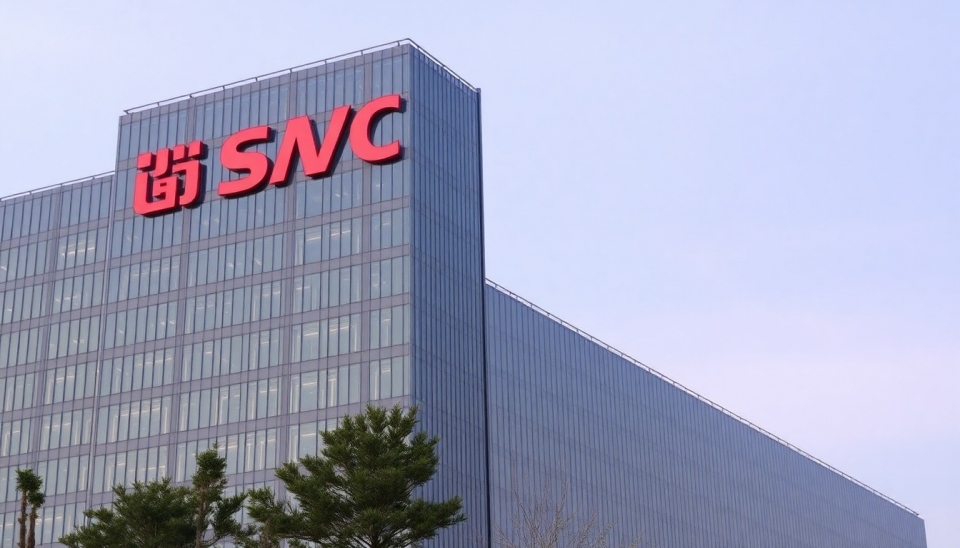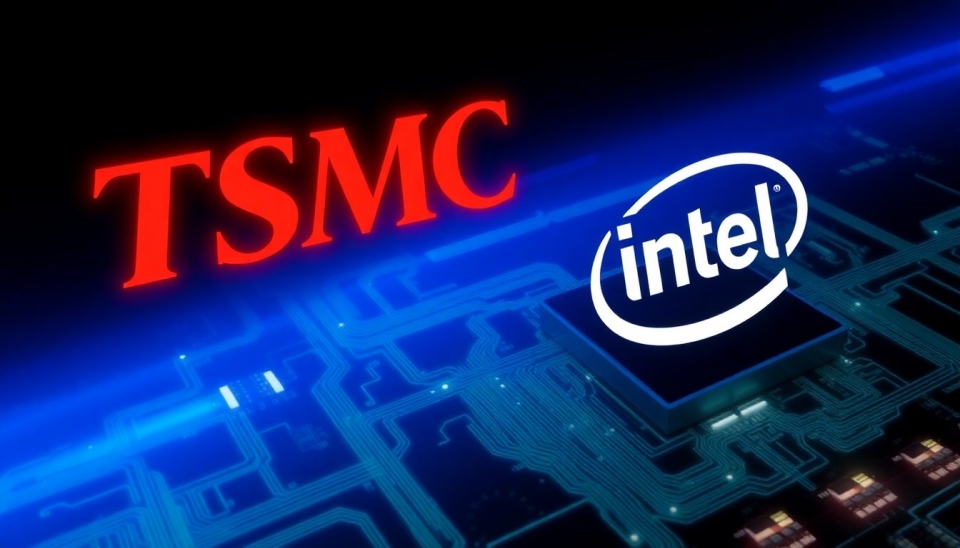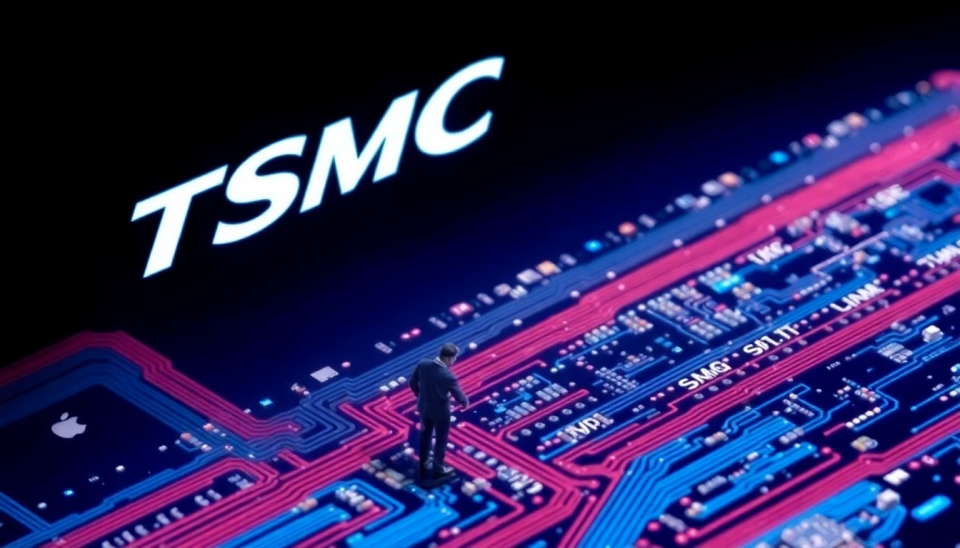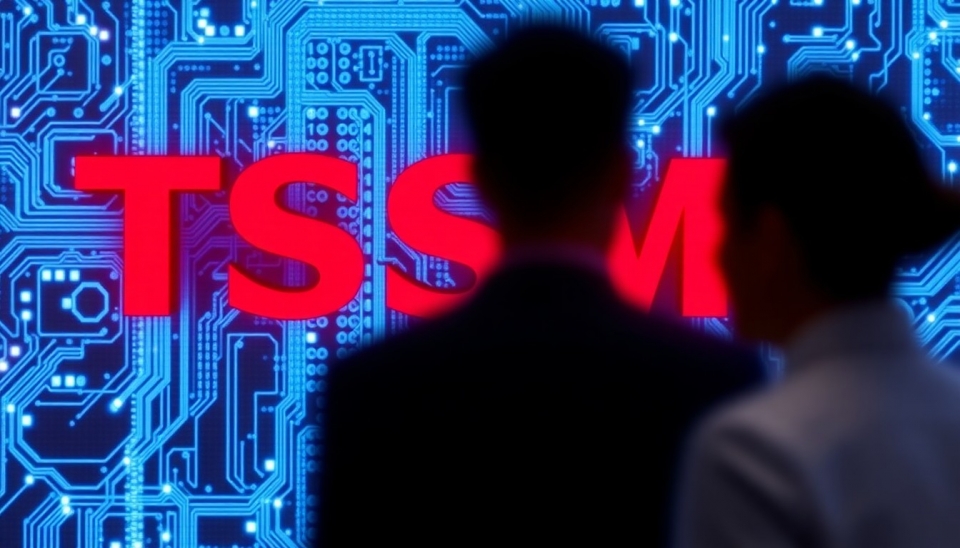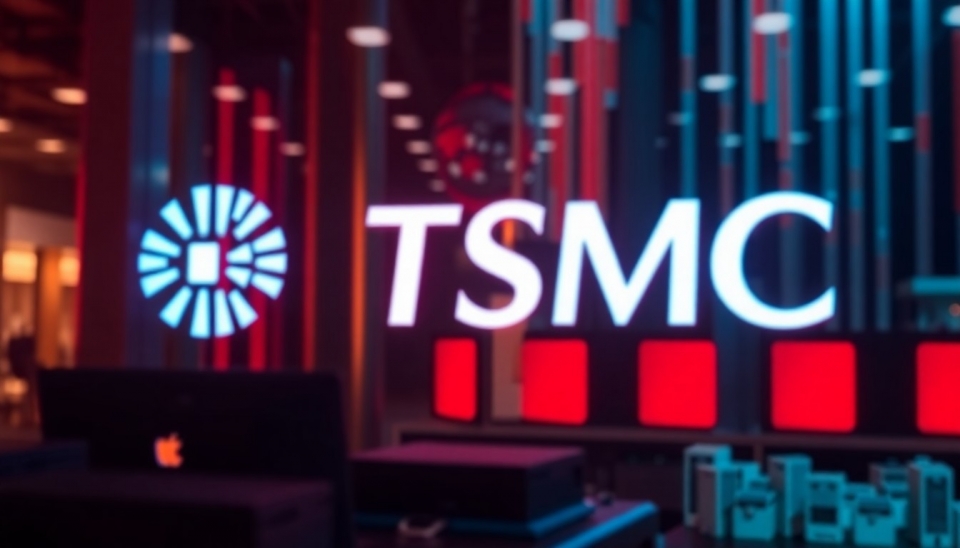
In a significant development for the semiconductor industry, Taiwan Semiconductor Manufacturing Company (TSMC) has officially secured its award from the U.S. under the recently enacted Chips Act. This move is poised to bolster the U.S. chip manufacturing landscape substantially, with funds expected to flow into TSMC within this fiscal year.
The Chips Act, designed to enhance domestic semiconductor production, aims to reduce reliance on foreign supply, particularly amid growing geopolitical tensions and supply chain challenges. This legislation has garnered strong support from various sectors, aligning with national interests in bolstering technological independence. TSMC's involvement marks a pivotal moment for the company and the U.S. tech industry alike.
As reported, TSMC's funding will not just support the construction of new fabrication facilities but will also reinforce research and development initiatives within the U.S. This investment underscores a strategic shift, recognizing the vital role semiconductor technology plays in a multitude of applications, from consumer electronics to national security.
The finalized award comes at a crucial time, as the Biden administration’s focus on clean energy technologies continues to rise, further heightening the demand for advanced chips. By fulfilling its award agreement, TSMC is expected to create thousands of jobs within the U.S., not only advancing manufacturing capabilities but also fostering a skilled workforce in the semiconductor sector.
Furthermore, TSMC's move into the U.S. aligns with the company's long-term strategy of expanding its operational footprint outside of Asia. By establishing a more considerable presence in the U.S., TSMC can mitigate risks associated with supply chain disruptions while better serving American technology firms that rely heavily on semiconductor components.
The collaboration between TSMC and the U.S. government is being hailed as a transformative step toward ensuring the country remains a leader in tech innovation. As the industry continues to face rapid technological advancements and increasing global competition, this partnership could be crucial for maintaining the competitive edge necessary for future growth and development.
Industry experts anticipate that once TSMC's facilities are operational, it could lead to enhanced production capabilities for American firms, potentially reducing lead times on critical semiconductors and driving down costs associated with chip procurement. This could have a cascading effect, benefiting various sectors that are dependent on semiconductors for their products and services.
In conclusion, TSMC's award under the Chips Act and the subsequent funding is not just a victory for the company but a significant boost for the U.S. technology landscape as a whole. As these initiatives roll out, they promise to reshape the dynamics of semiconductor manufacturing and innovation well into the future.
#TSMC #ChipsAct #SemiconductorIndustry #TechNews #Manufacturing #Innovation
Author: John Miller
